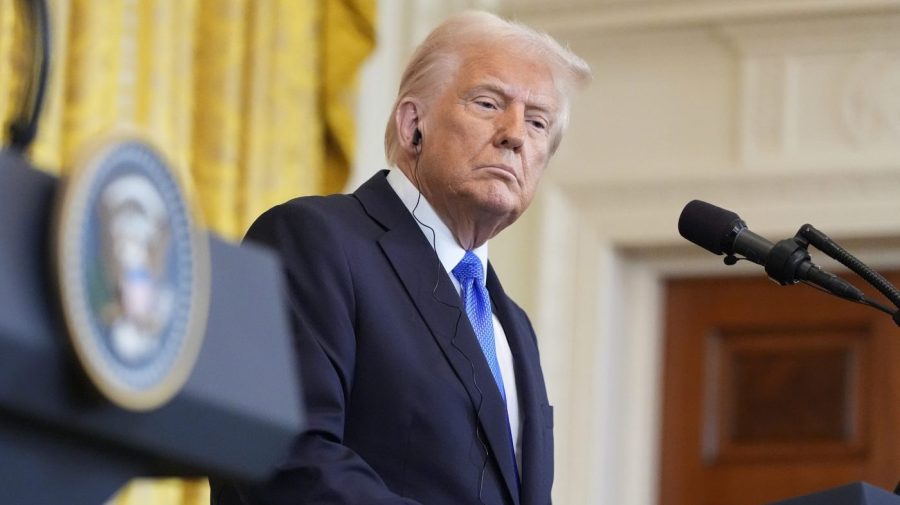Recent political developments have reignited discussions about the possibility of former President Donald Trump serving a third term, despite constitutional term limits. Here’s what you need to know about this controversial topic:
The 22nd Amendment and Presidential Term Limits
The 22nd Amendment to the U.S. Constitution, ratified in 1951, limits presidents to two terms in office. This amendment was passed in response to Franklin D. Roosevelt’s unprecedented four terms as president. Under current law, it would be unconstitutional for any president, including Trump, to serve more than two terms.
Recent Proposals to Allow a Third Trump Term
Despite the constitutional barrier, some Trump allies have recently proposed ways to enable him to seek a third term:
1. Constitutional Amendment: Republican Congressman Andy Ogles from Tennessee has introduced a resolution to amend the 22nd Amendment. His proposal would allow presidents to serve up to three terms. Ogles argues this change is necessary to provide Trump with “every resource necessary to correct the disastrous course set by the Biden administration.”
2. Vice Presidential Loophole: Some legal scholars have discussed a theoretical loophole where Trump could run as vice president and then ascend to the presidency if the elected president resigns. This scenario, while technically possible, faces significant legal and political hurdles.
3. Direct Challenge: Some speculate that Trump could simply run for a third term and challenge the constitutionality of the 22nd Amendment in court.
Political and Legal Hurdles
Any attempt to enable a third Trump term faces substantial obstacles:
1. Constitutional Amendment Process: Amending the Constitution requires a two-thirds majority in both houses of Congress and ratification by three-quarters of state legislatures. This high bar makes passing such an amendment extremely unlikely.
2. Legal Challenges: Any attempt to circumvent or challenge the 22nd Amendment would likely face immediate legal challenges and end up before the Supreme Court.
3. Political Opposition: Democrats and many Republicans would likely oppose efforts to alter presidential term limits.
Trump’s Statements on a Third Term
Trump has repeatedly mused about serving more than two terms, often in a joking manner. For example:
- In August 2020, he told supporters: “We are going to win four more years. And then after that, we’ll go for another four years.”
- In November 2024, he told House Republicans: “I suspect I won’t be running again unless you say, ‘He’s so good we’ve got to figure something else out.'”
These statements have been interpreted by some as jokes and by others as serious aspirations.
Public Opinion and Political Implications
The prospect of a third Trump term is divisive:
- Many Trump supporters view him as uniquely capable of addressing national challenges and support the idea of extending his eligibility.
- Critics argue that attempts to alter term limits threaten democratic norms and the balance of power.
- The issue has become a point of political debate, with some Democrats proposing measures to reaffirm the two-term limit.
Historical Context
Attempts to extend presidential terms are not unique to the United States. Several leaders in other countries have successfully extended their terms in office, often through constitutional changes. However, such moves are generally viewed as contrary to democratic principles in established democracies.
Conclusion
While discussions about a potential third Trump term have gained some traction among his supporters, the constitutional, legal, and political barriers to such a scenario remain formidable. The debate highlights ongoing tensions in American politics and raises questions about the strength of constitutional norms. As the 2028 election approaches, this topic is likely to remain a point of contention and discussion in political circles.









